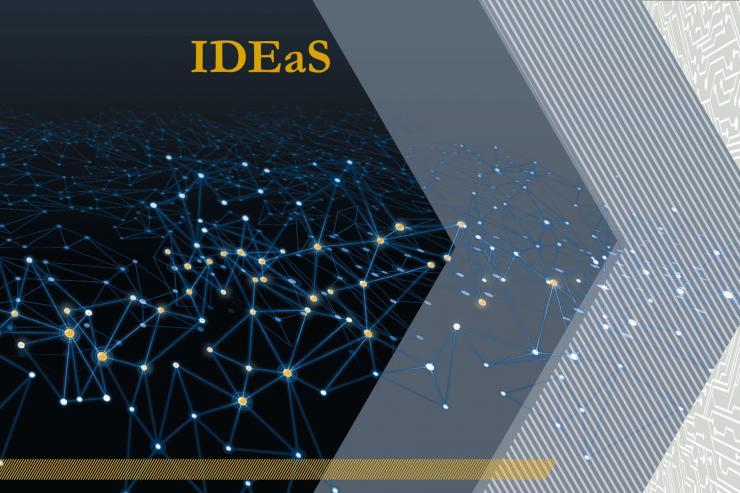Awards for Microsoft Seed Funding
Aug 23, 2017 — Atlanta, GA

Faculty from the Colleges of Computing and Engineering have received awards for their proposals submitted in response to our call "Seed Funding in Data Engineering and Science for Cloud Computing Projects." The awards are funded by a generous gift to Georgia Tech from Microsoft to provide access to Microsoft Azure to seed projects in Data Engineering and Science. Microsoft Azure is a flexible cloud computing platform and infrastructure designed to support building, deploying, and managing data-intensive applications. Proposals were evaluated based on intellectual merit, match of needs to project scope, and on the impact to science or society. Each of the following awardees receives approximately $25,000 plus Microsoft Azure Credits equating to $25,000 per project:
- Umakishore Ramachandran (CoC) for "SDO: Software defined orchestration in the fog-cloud continuum for situation awareness" Situation awareness deals with recognizing when sensed data could lead to actionable knowledge, and the associated sensors produce data around the clock, creating high bandwidth issues, latency demands, and extraneous data that need not be transported to the cloud. Ramachandran's research employs a holistic view of networks across all levels of the resource continuum from IoT platforms to the cloud. The work aims to exploit and extend Azure to provide infrastructure support for fog-computing using Ramachandran's execution framework called Foglets.
- Ghassan AlRegib (ECE), in collaboration with Haibin Di, Zhiling Long, Dogancan Temel for "Cloud-enabled see-through" Computation imaging is fundamental to a variety of applications such as medical diagnostics, industrial manufacturing, energy exploitation, and space exploration. With the explosive growth of the size and volumes of image-associated data, and the need for interdisciplinary collaboration, the cloud has become a superior resource. The proposed work would develop high-security data sharing and storage on Microsoft Azure, advanced image-data-processing tools, user friendly visualization interfaces, and an integrated development environment. The resulting platform could impact numerous applications including petroleum exploration, medical diagnostics, and the inspection of precision instruments.
- May Dongmei Wang (BME) for "GenePLUS: Developing a deep-learning-based open source tool over Azure cloud to enhance novel genome gene prediction" Accurately predicting genic structure is important for achieving a more efficient functional analysis of the organism, and such work requires large computing and storage resources such as Microsoft Azure services. Wang's proposed work will design, develop and deploy an open-source tool for the bioinformatics community that will use multiple genomic sequences and deep learning technologies to improve gene prediction accuracy.
Jennifer Salazar
IDEaS Director of Communications and Grant Writing




